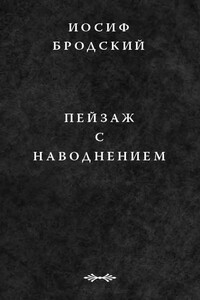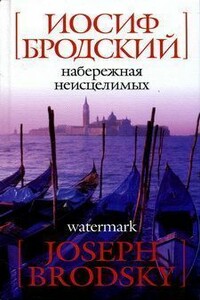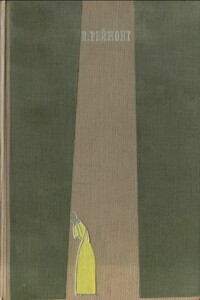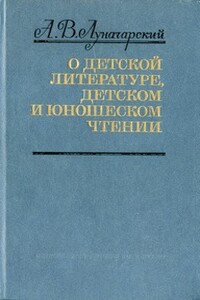1994
Come in
As I came to the edge of the woods,
Thrush music -- hark!
Now if it was dusk outside,
Inside it was dark.
Too dark in the woods for a bird
By sleight of wing
To better its perch for the night,
Though it still could sing.
The last of the light of the sun
That had died in the west
Still lived for one song more
In a thrush's breast.
Far in the pillared dark
Thrush musik went -
Almost like a call to come in
To the dark and lament.
But no, I was out for stars:
I would not come in.
I meant not even if asked,
And I hadn't been.
Войди!
Подошел я к лесу, там дрозд
Пел -- да как!
Если в поле был еще сумрак,
В лесу был мрак.
Мрак такой, что пичуге
В нем не суметь
Половчей усесться на ветке,
Хоть может петь.
Последний закатный луч
Погас, когда
Песнь зажег надолго
В груди дрозда.
Я слушал. В колонном мраке
Дрозд не иссяк,
Он словно просит войти
В скорбь и мрак.
Я вышел вечером к звездам,
В лесной провал.
Не войду, даже если бы звали, -
А никто не звал.
Перевод А. Сергеева
Home Burial
He saw her from the bottom of the stairs
Before she saw him. She was starting down,
Looking back over her shoulder at some fear.
She took a doubtful step and then undid it
To raise herself and look again. He spoke
Advancing toward her: "What is it you see?
From up there always? -- for I want to know."
She turned and sank upon her skirts at that,
And her face turned from terrified to dull.
He said to gain time: "What is it you see?"
Mounting until she cowered under him.
"I will find out now -- you must tell me, dear".
She, in her place, refused him any help,
With the least stiffening of her neck and silence.
She let him look, sure that he wouldn't see,
Blind creature; and awhile he didn't see.
But at last he murmured, "Oh", and again, "Oh".
"What is it -- what?" she said.
"Just that I see".
"You don't", she challenged. "Tell me what it is".
"The wonder is I didn't see at once.
I never noticed it from here before.
I must be wonted to it -- that's the reason.
The little graveyard where my people are!
So small the window frames the whole of it.
Not so much larger than a bedroom, is it?
There are three stones of slate and one of marble,
Broad-shouldered little slabs there in the sunlight
On the sidehill. We haven't to mind [those].
But I understand: it is not the stones,
But the child's mound --"
"Don't, don't, don't
don't," she cried.
She withdrew, shrinking from beneath his arm
That rested on the banister, and slid downstairs;
And turned on him with such a daunting look,
He said twice over before he knew himself:
"Can't a man speak of his own child he's lost?"
"Not you! -- Oh, where's my hat? Oh, I don't need it!
I must get out of here. I must get air. -
I don't know rightly whether any man can."
"Amy! Don't go to someone else this time.
Listen to me. I won't come down the stairs."
He sat and fixed his chin between his fists.
"There's something I should like to ask you, dear."
"You don't know how to ask it."
"Help me, then."
Her fingers moved the latch for all reply.
"My words are nearly always an offense.
I don't know how to speak of anything
So as to please you. But I might be taught,
I should suppose. I can't say I see how.
A man must partly give up being a man
With womenfolk. We could have some arrangment
By which I'd bind myself to keep hands off
Anything special you're a-mind to name.
Though I don't like such things 'twixt those that love.
Two that don't love can't live together without them.
But two that do can't live together with them."
She moved the latch a little. "Don't -- don't go.
Don't carry it to someone else this time.
Tell me about it if it's something human.
Let me into your grief. I'm not so much
Unlike other folks as your standing there
Apart would make me out. Give me my chance.
I do think, though, you overdo it a little.
What was it brought you up to think it the thing
To take your mother-loss of a first child
So inconsolably -- in the face of love.
You'd think his memory might be satisfied --"
"There you go sneering now!"
"I'm not, I'm not!




